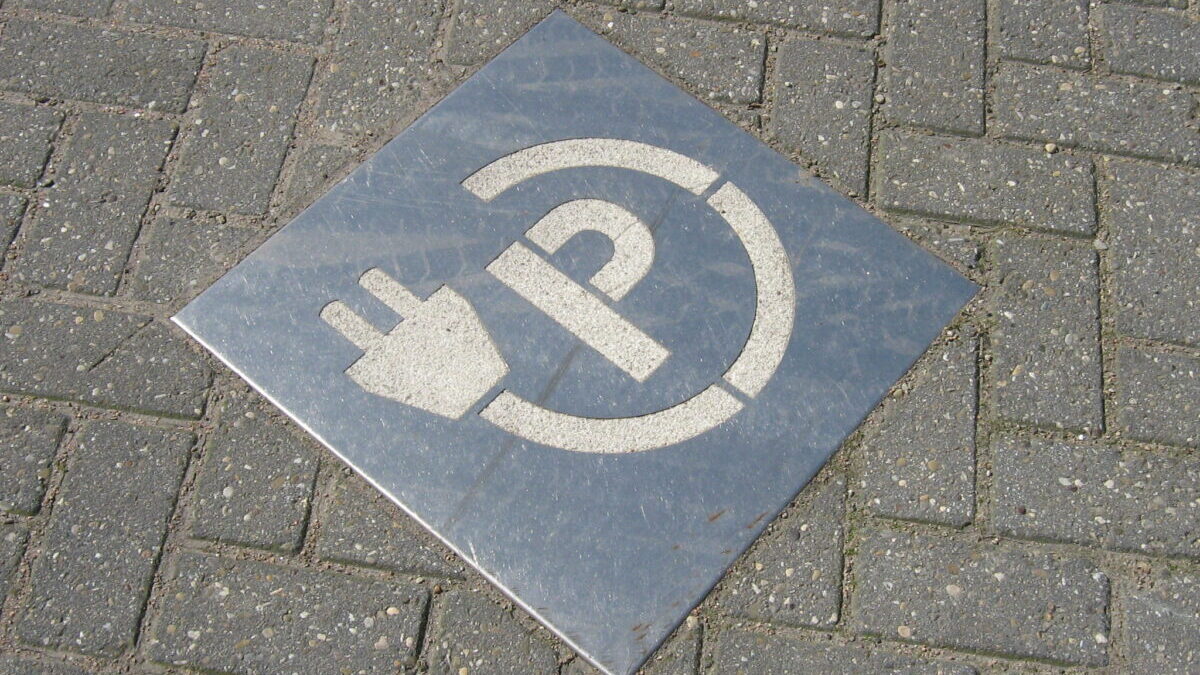President Joe Biden touted electric vehicles as the solution to climate change again Tuesday night during his State of the Union address.
“We’re building 500,000 vehicle charging stations installed across the country by tens of thousands of IBEW workers,” Biden said, “and helping families save more than $1,000 a year with tax credits for the purchase of electric vehicles and energy-efficient appliances.”
Those tax credits, however, aren’t as green as they seem.
EVs Are a Green Illusion
The process to manufacture electric vehicles is so environmentally toxic between the mining and assembly that it takes years of driving before emissions are reduced, according to a deep dive by RealClear Investigations in October.
“The electric car’s biggest disadvantage on greenhouse gas emissions is the production of an EV battery, which requires energy-intensive mining and processing, and generates twice as much carbon emissions as the manufacture of an internal combustion engine,” RealClear reported. “This means that the EV starts off with a bigger carbon footprint than a gasoline-powered car when it rolls off the assembly line and takes time to catch up to a gasoline-powered car.”
Even then, the American power grid used to charge the car still relies primarily on fossil fuels. In other words, the car runs on coal.
Some studies have shown electric vehicles are even worse for the environment than gas-powered vehicles.
EVs Aren’t Cheap
The average transaction price for an electric car in September was $65,291, according to Kelley Blue Book, just $1,000 shy of the average luxury car. According to the U.S. Census Bureau last year, median household income was just below $71,000, meaning an electric vehicle costs a year’s worth of wages for many Americans. Add inflation to the mix, driven by reckless government spending to encourage rich consumers to buy electric cars, and the average American wouldn’t dream of buying a Tesla any time soon.
EV Subsidies Are Gifts to the Rich
The dubiously named Inflation Reduction Act extended up to $7,500 in federal subsidies for the purchase of an electric car. That only brings the price down to $58,000. In August, Ford responded to the new subsidies by raising the price of its electric pickups.
Researchers at UC-Berkeley found in 2016 that “clean” energy tax credits have historically benefitted the upper class, with 90 percent of all credits on electric vehicles enjoyed by those in the top income quintile.
The massive subsidies at the expense of, say, a Wyoming rancher who could use a new pickup don’t even cover what’s needed to develop a market appetite to replace gas-powered vehicles. According to research from the National Bureau of Economic Research in 2021, subsidies would have to reach more than “$30,000 per car” to achieve a 50 percent market share of electric vehicles in 2035.
EVs Are Vulnerable to Global Supply Chains
More problems with electric vehicles pertain to problems with American mining. China holds the world hostage when it comes to mineral refinement and battery production. Beijing presides over half the global electric car battery market while the U.S. lags behind and continues to shut down major mining projects.
EVs Aren’t Reliable
New York and California have both passed laws to ban new gas-powered car sales by 2035. The image below best sums up how drivers will be at the mercy of state regulators to travel once residents are prohibited from buying whatever car they want.
When California was faced with a record-breaking heat wave last summer, state regulators begged residents not to charge their cars to avoid breaking the power grid. The request came days after policymakers moved to ban gas-powered cars over the following 13 years.
If residents can still charge their vehicles produced by China, they had better hope their batteries last. Replacing an electric car battery can cost between $4,000 and $20,000. The weight of the batteries, meanwhile, wears out the tires 20 percent faster than gas-powered alternatives.









